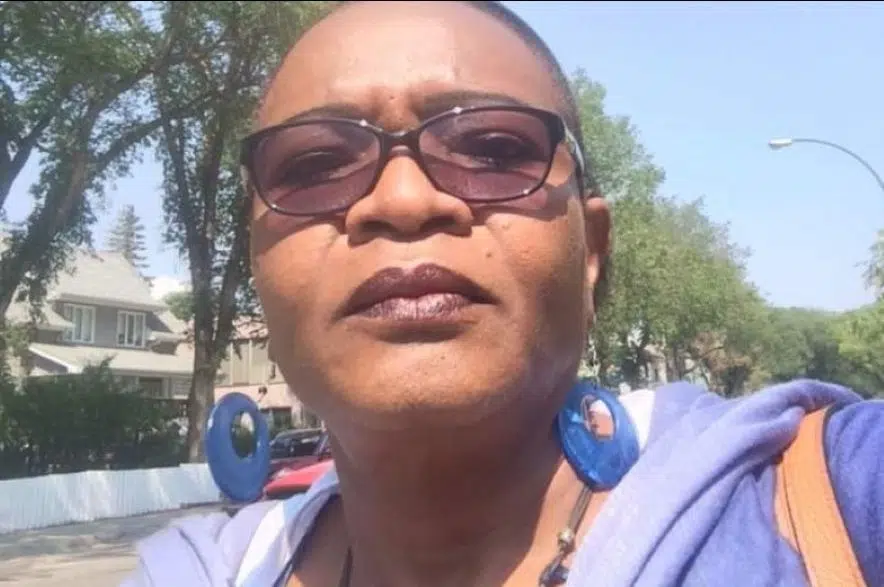It’s been more than a month since fighting broke out in Sudan.
The conflict between Sudan’s army and the paramilitary group the Rapid Support Forces (RSF) has resulted in the deaths of at least 800 people and the displacement of at least one million people, according to the United Nations.
Longtime Regina resident Manal Allagabo, who is from Sudan, said she was absolutely devastated when she first heard the news.
“I was worried. I was kind of not focusing because of the fact that the shooting is (happening) in the city (where) I have almost all of my family,” Allagabo said.
The fighting began on April 15.
“I’m not focusing at all,” she said. “I’m just trying to understand what’s going on there.”
Allagabo has four siblings and many nieces and nephews living in Sudan’s capital of Khartoum, an area that has experienced some of the heaviest fighting.
She has another sister who lives in Khartoum, but she is currently stuck in Saudia Arabia where she was visiting for Umrah, a pilgrimage to Mecca that’s not to be confused with the Hajj.
Allagabo said she has been trying to remain in constant contact with her family, but she was unable to do so for the first three days of the conflict since calls and texts weren’t going through due to a weak connection.
“(Connecting with them via phone) is not up to date, it’s not constant and it is just on and off. It’s a matter of luck,” she said. “But texting via WhatsApp is more or less better than actually talking over the phone.”
While WhatsApp is more stable, Allagabo still finds it more reassuring to hear the voices of her family.
“(Phone calls) have to be like in the middle of night, our time here (in Regina). And I can just say, ‘Hi, hello, how are you?’ and then it gets disconnected or interrupted,” she said.
Several ceasefires have been brokered since the conflict started, but both the RSF and the Sudanese army have been accused of violating the ceasefires by international observers.
“Sometimes when I manage to talk to (my family), I can hear the shooting,” Allagabo said.
“(My family) was saying, ‘We didn’t feel there is any kind of ceasefire, actually. We experienced the opposite like more and more of the fire and shooting (than what they had seen and heard in the first seven days).’ ”
The conflict has created nothing short of a humanitarian crisis in Sudan.
“If this fighting doesn’t stop soon, (there’s) going to be a famine in Khartoum,” Allagabo said.
“There is no food now. Even if you have money, you can’t purchase anything because all the infrastructure has been destroyed totally, including the markets — different market areas all over Khartoum or even grocery stores.”
While Ottawa has provided some support for Sudanese nationals in Canada, Allagabo feels the government can play a greater role in evacuation efforts and in accommodating people fleeing from the conflict.
“We’re so worried about family members there. We can’t focus on our work, we can’t focus to do anything,” Allagabo said.
“Even the international university students, they can’t focus anymore because they are very worried about their families back there.”











